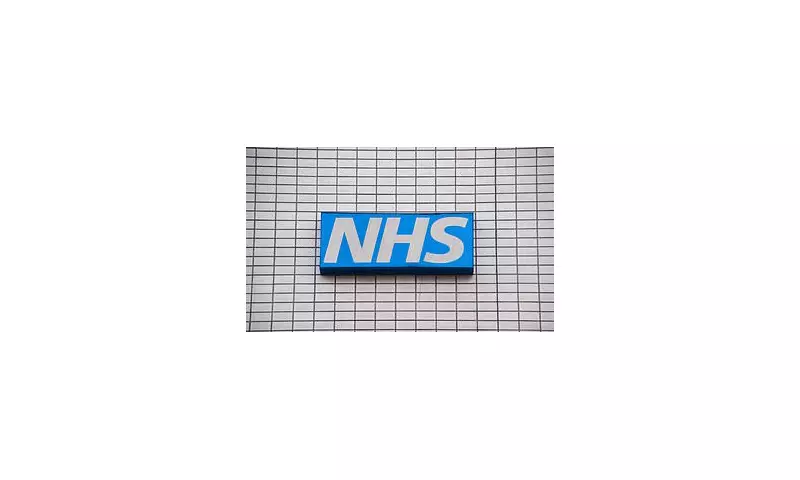
Health leaders have issued a stark warning that the NHS may be forced to cut frontline staff and reduce the number of operations and scans to cover the substantial costs of ongoing doctors' strikes.
Five-Day Walkout Begins Amid Pay Dispute
Thousands of resident doctors across England began a five-day walkout at 7am today in an ongoing dispute over pay, despite having received cumulative pay increases worth 28.9 per cent over the past three years. This industrial action is expected to create a £240 million financial shortfall in the health service budget as hospitals are compelled to cancel appointments and pay consultants inflated overtime rates to cover for striking junior colleagues.
Health Secretary Wes Streeting has strongly criticised the British Medical Association, accusing the doctors' union of behaving like a 'cartel' and attempting to hold the country to ransom over what he described as an extortionate bill.
Financial Strain and Patient Impact
The NHS Confederation and NHS Providers, which represent healthcare organisations, have stated that already constrained NHS budgets can no longer absorb these additional costs. They warn that unless the Treasury provides emergency funding, significant cuts will be unavoidable.
During the previous resident doctors' strike, over 54,000 procedures and appointments required cancellation or rescheduling, despite the NHS managing to maintain 93 per cent of its planned activity. Sir Jim Mackey, chief executive of NHS England, has written to trust bosses urging them to maintain 95 per cent of non-urgent care during this strike, only rescheduling appointments and operations 'in exceptional circumstances to safeguard patient safety'.
Matthew Taylor, chief executive of NHS Confederation, expressed grave concerns: 'There is no doubt that patients will bear the brunt of this disruption, with tens of thousands of tests, appointments and operations likely to be delayed or cancelled. NHS leaders understand how frustrating this will be for them being left waiting in pain or discomfort.'
Winter Pressures and Systemic Challenges
The timing of these strikes presents additional challenges, with an early flu season potentially exacerbating existing pressures. Higher demand and increased staff sickness could make it more difficult to fill rota gaps, threatening recent progress against key waiting time targets.
New figures reveal some positive news, showing the NHS waiting list fell in September after three successive monthly rises. However, this progress now risks being jeopardised by the ongoing industrial action.
Mr Taylor emphasised the financial impact: 'Industrial action is also having a major financial impact on the NHS, with the last five-day walkout estimated to have cost a staggering £300 million. These costs are not included in the health service's budget, which is already very tight.'
The BMA has defended its position, with Dr Jack Fletcher, chair of the union's resident doctors committee, accusing NHS managers of 'emotionally blackmailing frontline staff' who are taking legitimate industrial action. He highlighted systemic issues within the health service, including doctors 'sitting on bins because there aren't enough chairs' and 'patients routinely being seen in corridors'.
NHS England continues to urge patients to attend planned appointments unless notified otherwise and to use emergency services as normal for urgent care needs.






